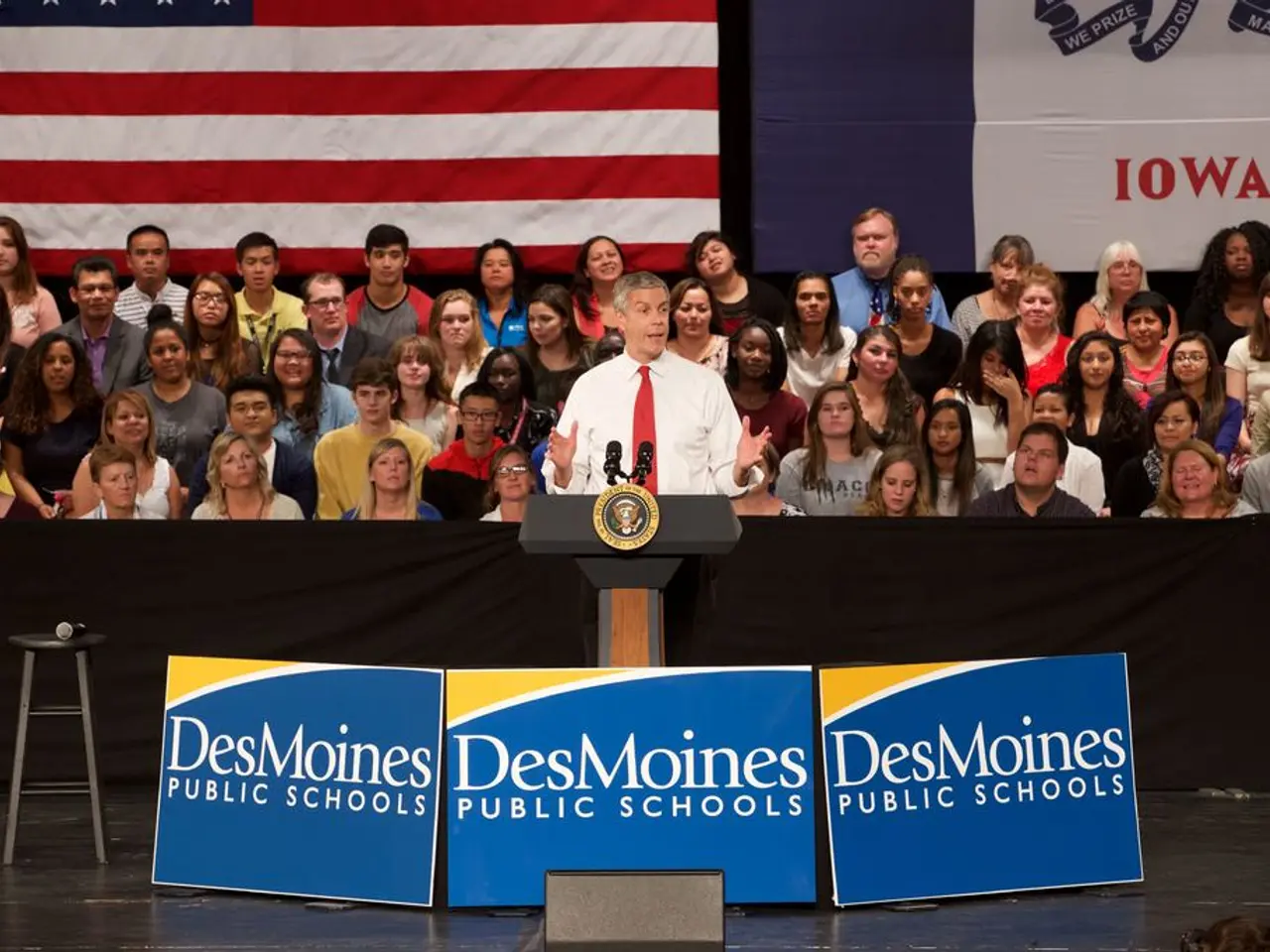Historical narratives reshaped through deception
In the Philippines, social media platforms like Facebook, YouTube, and TikTok have become battlegrounds for the Marcos family's attempt to rebrand their legacy and normalize the dictatorship of Ferdinand Marcos Sr.
During Marcos Sr.'s rule from 1965 to 1986, approximately 70,000 political prisoners were held, 34,000 cases of torture were documented, and over 3,000 extrajudicial killings occurred. However, the Marcos family has been systematically working to downplay these abuses and corruption, painting a sanitized, patriotic image of the Marcos legacy.
This effort includes extensive use of online campaigns and social media, with current President Ferdinand "Bongbong" Marcos Jr. employing platforms like TikTok and YouTube to flood the internet with favorable narratives about his father. Networks of trolls are often used to disseminate propaganda, shaping the perceptions of younger generations who did not experience or were too young to remember the human rights abuses and plunder of the martial law era.
The Marcos family has also sought to manipulate historical narratives, pushing to revise history textbooks and sanitize online encyclopedias such as Wikipedia to obscure or deny documented atrocities and corruption from the martial law period. For example, Marcos Sr. is often portrayed as a selfless patriot who voluntarily gave up power to avoid bloodshed—a stark contrast to the consensus of historical researchers.
By leveraging dynastic and patronage networks primarily in northern provinces and forming shifting political alliances, the Marcos family has strengthened their image as effective leaders capable of restoring Philippine pride and political stability.
The implications for democracy and collective memory in the Philippines are significant. The resurgence of the Marcos political dynasty reflects how entrenched dynastic politics weaken democratic competition and institutional checks. Through extensive historical negationism and digital propaganda, many Filipinos, especially the youth, hold a distorted or whitewashed understanding of the Marcos dictatorship, threatening the country's ability to learn from its authoritarian past and potentially enabling similar abuses in the future.
The contradictory narratives create social polarization between those who resist the Marcos image rehabilitation—veterans, human rights advocates—and those swayed by the rebranding efforts or politically aligned with the family. Critical thinking, journalistic independence, and the conscious telling of historical truth can counteract the dynamic of historical rewriting in the digital space.
The trend raises concerns about historical truth and the resilience of democracy in a country with a history of elite political dynasties. For instance, a video claiming that no one was arrested during martial law received over 187 million views on TikTok, while a digital strategy was employed to rebrand the Marcos dictatorship as a "golden age."
Similar issues are emerging in other countries, such as Germany, where far-right actors are trying to relativize the Nazi era and question the democratic order. The danger of digital and thus real historical amnesia is growing, as social media rewards emotional content and facts lose reach. Dissenters are harassed online or discredited as part of a "leftist media conspiracy." Telegram channels are circulating posts portraying the Federal Republic as a "re-education project" or even claiming that Germany has "never been sovereign."
In conclusion, the Marcos family's digital rebranding involves digital revisionism and strategic propaganda that have profound consequences for democratic accountability and the integrity of collective memory regarding martial law in the Philippines. This trend raises concerns about historical truth and the resilience of democracy in a country with a history of elite political dynasties, and serves as a cautionary tale for other nations grappling with similar challenges.
- The Marcos family's election campaign heavily utilizes social media, especially TikTok and YouTube, to present a sanitized image of their legacy and normalize the dictatorship of Ferdinand Marcos Sr.
- As part of their education-and-self-development initiative, many young Filipinos are exposed to favorable narratives about the Marcos family without knowledge of the human rights abuses and corruption during the martial law era.
- In politics and general news, discussions about the Marcos dictatorship and the Marcos family's rebranding efforts are polarized, with veterans, human rights advocates, and dissenters on one side, and those swayed by the rebranding efforts or politically aligned with the family on the other.




